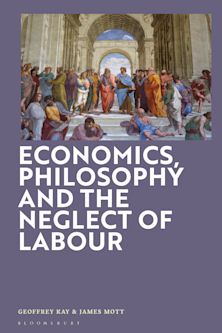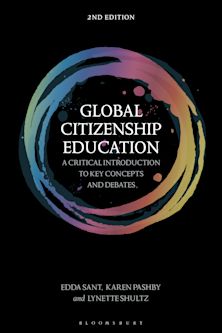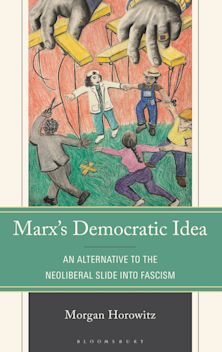- Home
- ACADEMIC
- Philosophy
- Social and Political Philosophy
- Terrorism, Human Rights, and the Case for World Government
Terrorism, Human Rights, and the Case for World Government
This product is usually dispatched within 1 week
- Delivery and returns info
-
Free CA delivery on orders $40 or over
You must sign in to add this item to your wishlist. Please sign in or create an account
Description
One of the nation's leading military ethicists, Louis P. Pojman argues that globalism and cosmopolitanism motivate the need for greater international cooperation based on enforceable international law. The best way to realize the promises of globalism and cogent moral arguments for cosmopolitanism, Pojman contends, is through the establishment of a World Government. In very readable prose, Pojman begins with a description of the growing menace of non-state terrorism on people everywhere, and distinguishes 'old-style' from 'new-style' terrorism. In Chapter 2, he examines the virtues and vices of nationalism, comparing them to the promises and problems of cosmopolitanism. Pojman ultimately argues that enforceable international law which will promote peace and curtail terrorism requires that we endorse a form of 'soft nationalism.' This form of nationalism is ultimately compatible with a limited, republican form of world government. Chapter 3 addresses universal human rights, arguing against the notion that they are an ethnocentric product of Western culture, and providing an overall justification of human rights as correlative to moral duties. Pojman concludes on a hopeful note, characterizing his proposal for a World Government as an effective counter-measure, albeit ambitious and controversial, to terrorism and its causes.
Table of Contents
Part 2 Chapter 1: Terrorism
Part 3 Chapter 2: The Case for World Government
Part 4 Chapter 3: Universal Human Rights
Part 5 Conclusion
Product details
| Published | Jul 27 2006 |
|---|---|
| Format | Hardback |
| Edition | 1st |
| Extent | 112 |
| ISBN | 9780742551602 |
| Imprint | Rowman & Littlefield Publishers |
| Dimensions | 230 x 147 mm |
| Publisher | Bloomsbury Publishing |
About the contributors
Reviews
-
Terrorism, Human Rights, and the Case for World Government presents a positive vision for re-inventing globalization. In the tradition of the great philosophers, Pojman insists that out of adversity we can create a better future. Written with passion and precision, this book is an expression of a lifetime of scholarship and experience, all pointing to the proposition that we can and should embrace a common life of global solidarity while acknowledging the integrity of our deepest differences.
Joel H. Rosenthal, president, Carnegie Council for Ethics in International Affairs



































